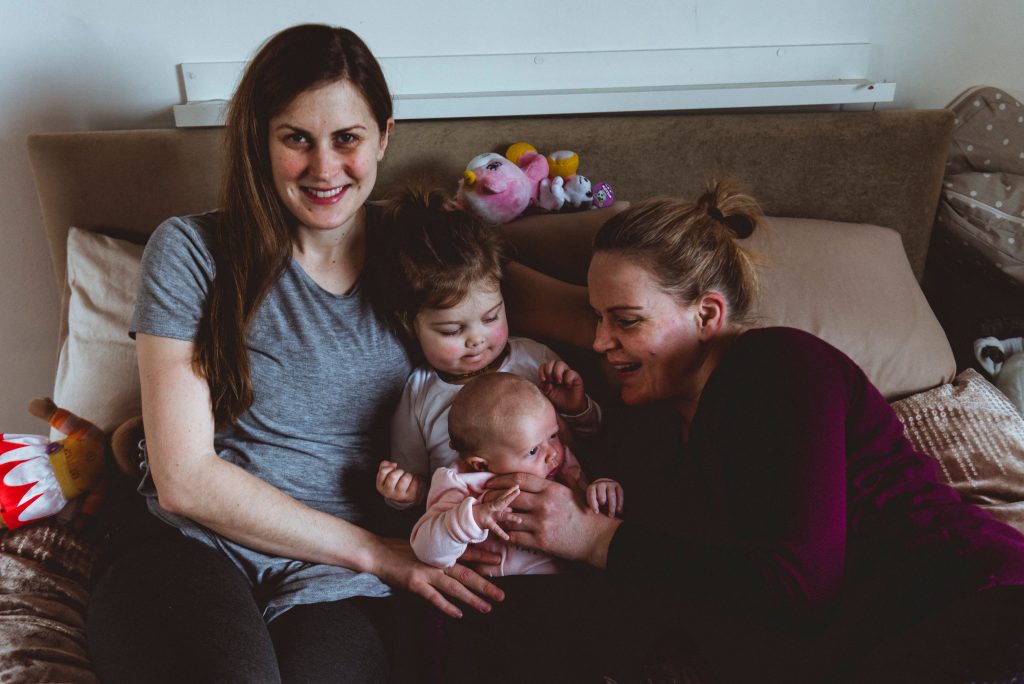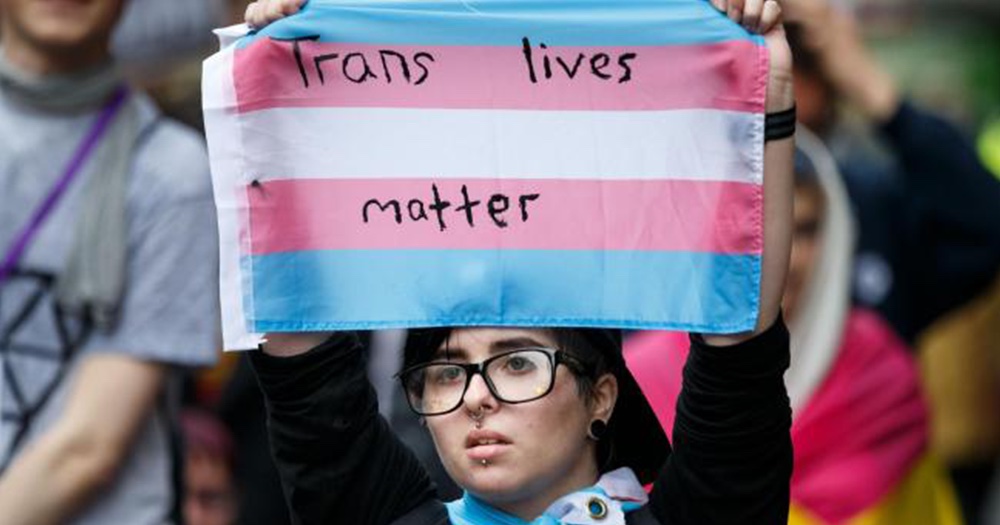On May 23 2015, Ireland made history by becoming the first country in the world to legalise same-sex marriage through a popular vote with 62.07% of the Irish public voting YES.
Across the country, people took to the streets in celebration. The 34th Amendment to the Constitution was signed into law by President Michael D. Higgins on August 29 that year.
Four years ago today! #MarriageEquality #WesaidYes #WeMadeHistory #LoveWins #LGBT pic.twitter.com/jmlb2KU1Ux
— Colm O'Gorman ?️⚧️?️??? (@Colmogorman) May 22, 2019
The result was so clear-cut, so early on; it now seems strange that up until the moment the referendum was won, we all feared the worst. It’s also hard to really remember how visceral the experience was, how it brought up so much about our shared and individual histories, our experiences of homophobia and oppression, the sense of otherness every LGBT+ person has struggled with since time immemorial, and our previously fixed invisibility in Irish society.
On one level during the referendum for marriage equality, it felt we were being welcomed into the fold, as straight people showed their acceptance wearing ‘Yes’ badges and calling themselves allies, and on another, we felt more vilified, visible and vulnerable than we ever had.
We managed to win the battle but to win the war we still have a long way to go, and there are many fights still on the way. What’s next?
Sexual health services in Ireland
Today it is clear that public sexual health services in Ireland are falling far short and that increased funding is needed to expand the capacity and improve the accessibility of public sexual health services across the country.
ACT UP Dublin member Will St Leger said, “In 2015, Leo Varadkar promised equitable, accessible and high-quality sexual health services in Ireland. Since then rates of STIs including HIV have soared to record levels. It is vital to public health that these services are given extra funding and expanded as a matter of urgency.”
A survey of sexual health services in Ireland published in June 2018 by the HSE’s Sexual Health and Crisis Pregnancy Programme found that “there are inequities in service provision” with “significant differences across the country in terms of access and availability of services.” Ten counties have no public STI services at all, while others have clinics that are open only two days per month. The majority of public clinics have waiting lists, with some clinics reporting waiting times for appointments of as long as six or seven weeks.
LGBT+ Family Rights
The introduction of marriage equality in 2015 brought with it the legal right to adopt for same-sex married couples, and the Adoption (Amendment) Act 2017 granted unmarried couples the right to adopt a child together. However, a legal loophole arising at the time of the marriage referendum made it impossible for LGBT+ couples to receive the adoptive leave and benefit accessed by their straight counterparts.

The Parental Leave and Benefit Bill 2019, now approved by Cabinet, will close the legal loophole excluding some LGBT+ couples from this support provided it is passed by the Oireachtas.
David Stanton, Minister of State at the Department of Justice, has called the proposals put forward in the Bill “the final steps needed to enable male same-sex couples to receive adoptive leave and benefit.”
Campaigners have long stressed their problems with the proposed changes to the Children and Families Relationship Act. As it stands currently, the bill provides legal recognition to a minority of LGBT+ families. Serious issues still stand for families led by gay fathers and same-sex couples who received IVF treatment abroad.
Trans Rights
Under the Gender Recognition Act (GRA), people who wish to have their change of gender recognised by the State in birth certs, passports, driving licenses, would simply make a formal declaration of their “settled and solemn intention”, or to live in a preferred gender, to the Department of Social Protection.
In order to change your gender with the State, a person needs to sign a statutory declaration that states:
i) have a settled and solemn intention to live in the preferred gender for the rest of my life,
ii) understand the consequences of the application, and
iii) make this application of my own free will.
The Gender Recognition Bill, although widely appreciated, was criticised for not covering the needs of those aged under 18, non-binary people and intersex people.

Under the law, 16 and 17 year-olds are obligated to obtain a court order and testimony from a guardian in order to have their preferred gender recognised. Transgender campaigners argue that children should have the right to change their gender without needing parental approval.
If you are under 16, it is not possible to change your gender and be recognised by the State.
Activists have argued that this talk is scaremongering based on limited or no facts, and is possibly dangerous given that nearly four-fifths of transgender people have considered suicide, according to a survey by the Transgender Equality Network of Ireland (TENI).
© 2019 GCN (Gay Community News). All rights reserved.
Support GCN
GCN is a free, vital resource for Ireland’s LGBTQ+ community since 1988.
GCN is a trading name of National LGBT Federation CLG, a registered charity - Charity Number: 20034580.
GCN relies on the generous support of the community and allies to sustain the crucial work that we do. Producing GCN is costly, and, in an industry which has been hugely impacted by rising costs, we need your support to help sustain and grow this vital resource.
Supporting GCN for as little as €1.99 per month will help us continue our work as Ireland’s free, independent LGBTQ+ media.
